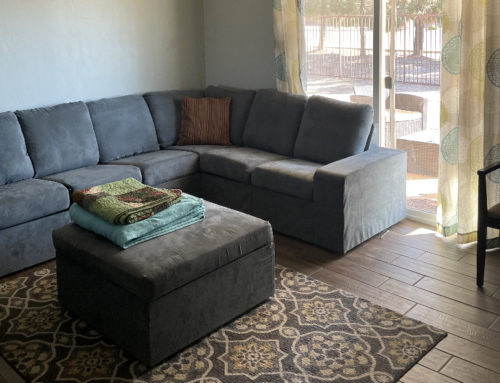“Jenny continued to have dramatic and life-threatening diabetic episodes. We were shocked to discover that the underlying issue wasn’t physical, but emotional. Jenny’s borderline personality disorder was behind her insulin mismanagement. Implementing a DBT program helped her regulate her emotions and better manage her diabetic self-care. That surprising mental health assessment saved her life.” ~Marley M.
For teens or young adults whose emotional or behavioral problems have been chronically misdiagnosed, a residential setting can provide ideal circumstances for diagnostic observation and mental health assessment. The following features of residential programs make them effective not just for delivering treatment, but for diagnosing issues and assigning a treatment plan in the first place.
Established Routine
Residential treatment facilities are structured around predictable routine and well-managed stimuli, minimizing external variables that might impact diagnostic observation. As a result, clinicians are better equipped to understand the young person’s baseline state of functioning. A controlled environment also allows the psychiatrist to safely adjust medication and reliably observe its impact with fewer environmental variables.
Mental Health Assessment by 24/7 Observation
At home or during outpatient treatment, it is virtually impossible to observe a young person at school, at home, with friends, etcetera. Residential treatment settings allow clinicians and other staff to accurately observe every part of the child’s life. Because of this, staff can construct a complete diagnostic picture from the puzzle pieces of peer relationships, medication compliance, school behavior, sleep patterns, dietary habits, et cetera.
Clinical Coordination
Residential treatment has the additional advantages of a consistent team led by a single clinical case manager. This case manager (whether the clinical director or team leader) is responsible for putting all the pieces together and applying a forensic approach to diagnosis. A case management approach means that past mental health assessments, parental insights, psychiatric analysis, and current observations from teachers, therapists, and other team members are integrated for a complete diagnostic picture.
Assessment Over a Longer Period of Time
Clinicians in residential programs have the great advantage of time. A teen’s mood and behavior may morph inexplicably from one moment to the next, but this apparent behavioral randomness can fall into observable patterns over time. Often, these patterns can only be detected after days, weeks, or months of consistent observation. In a residential setting, the treatment team can make these longitudinal observations. Time also allows treatment professionals to introduce and remove variables (such as medication adjustments) one at a time to observe their effects in relative isolation.




